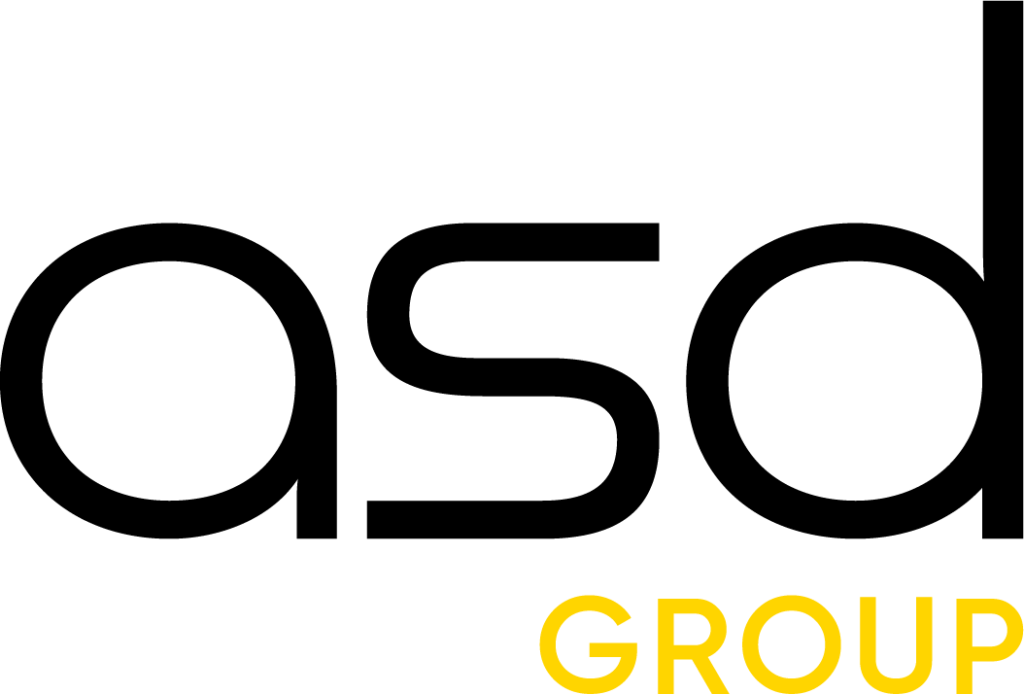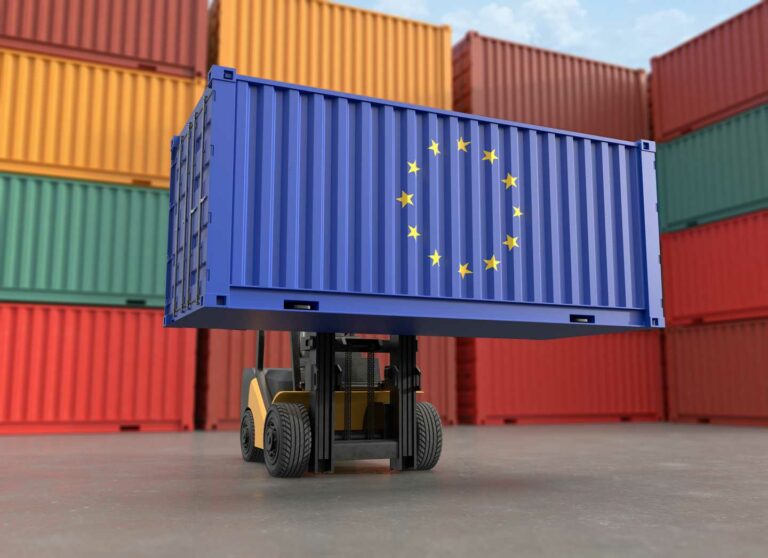The VAT rules applicable to Distance Selling and E-Commerce are about to change. Review the upcoming changes.
On July 1, 2021, the VAT rules applicable to distance selling and more broadly to BtoC E-Commerce will be profoundly modified in all EU countries. The set of European regulations modifying these rules, called the “E-commerce package”, was initially supposed to come into force on January 1, 2021, but was finally postponed for 6 months because of the Covid crisis19. This postponement is welcome, as it is giving companies more time to prepare for the many changes to come.
Since most EU Member States have completed the transposition of European regulations into their own legislation and the European Commission has published its explanatory notes, the content of the reform is relatively clear now.
It is therefore the ideal moment to review again the main measures of the reform:
- New definition of the concept of « distance sales »
- Removal of domestic distance sales thresholds
- Abolition of the import VAT exemption for low-value consignments
- Introduction of 3 optional special schemes and corresponding electronic portals (OSS)
- Introduction of the VAT liability of the Marketplaces
New definition of « distance sales »
As of July 1, 2021, it will be necessary to distinguish 2 types of distance sales :
- Intra-community Distances Sales: BtoC sales of goods dispatched by the seller or on his behalf from an EU Member State to another EU Member State.
- Distance Sales of goods imported from third countries: B2B sales of goods dispatched by the seller or on his behalf from a third country in the EU directly to the final customer in an EU Member State.
Removal of domestic distance sales thresholds
As of 1 July 2021, the VAD thresholds will be abolished.
- Intra-EU distance selling will still be subject to VAT in the country of arrival, from the first euro. However, European businesses established in a single EU Member State whose total annual amount of intra-Community ADSL plus the total annual amount of intra-Community B2C e-services does not exceed EUR 10,000 excluding VAT will be able to continue to charge VAT in their country of establishment.
- Distance selling of goods imported from third countries will in principle also be subject to VAT in the country of arrival, from the first euro.
Removal of import VAT exemption for imported parcels
From 1 July 2021, the exemption from import VAT and customs declaration for small consignments with a unit value of less than €22 will be abolished. In theory, this exemption should not apply to commercial consignments. In practice, this exemption was widely used by non-European sellers in marketplaces, which led to massive VAT fraud in Europe and distorted competition with European businesses.
This exemption will be replaced by an exemption from import VAT only, applicable to parcels of a value of up to €150 whose sales are declared via IOSS (parcels of a value of up to €150 will also remain exempt from customs duties).
Please note: a customs declaration must be made at the time of import, and this must mention the seller’s IOSS VAT number, the authenticity of which will be verified by the customs service.
Introduction of 3 optional special schemes and corresponding electronic portals (OSS).
From 1 July 2021, the MOSS (or mini one-stop shop) will be replaced by 3 new optional special schemes that may apply to E-Commerce:
- The OSS “non-EU regime”: this will enable the declaration of intra-EU BtoC services performed by non-EU companies.
- The OSS “Union scheme”: it will allow to declare :
- Intra-EU Distance Selling by European companies, established non-European companies and marketplaces;
- Local sales through marketplaces;
- Intra-EU BtoC services performed by European companies.
- The OSS “import regime”, called IOSS: it will allow the declaration of ADS of goods imported from third countries with a value not exceeding 150 euros by European and non-European companies and marketplaces.
OSS will thus allow all relevant transactions to be declared and the corresponding VAT amount to be paid through a single specific declaration via a single intra-Community VAT number, irrespective of the country in which the VAT is due and irrespective of the applicable VAT rate. The VAT collected by the tax administration of the country of identification will then be distributed among the countries of consumption.
The use of OSS will always be optional, so taxable persons may choose to benefit from them instead of applying the ordinary law rules. Furthermore, the use of special schemes for one type of transaction does not prevent the application of the ordinary law scheme for other taxable transactions.
VAT refunds will not be possible through OSS. Deductible VAT will still have to be recovered through the ordinary procedures.
Introduction of VAT accountability of marketplaces
From 1 July 2021, marketplaces will be considered to have bought and sold the products themselves for VAT purposes.
As a result, there will now be 2 transactions for VAT purposes:
- A tax-free sale between the seller and the market place in the country of departure
- A taxable sale between the market-place and the private customer, subject to VAT in the country of arrival. CAUTION: it will therefore be up to the market-place to collect, declare and pay the VAT instead of the sellers.
However, it should be noted that marketplaces are liable for VAT only on the following transactions:
- For European companies, DSL of goods imported from third countries with a value not exceeding EUR 150 only;
- For non-EU companies, on all BtoC sales located in the EU, including local sales.
Marketplaces can benefit from OSS to report these sales, including local sales.
Conclusion
To help you prepare for this reform, ASD Group offers you its services:
- Our distance learning course “VAT Reform Trade 2021” Our expert will decipher just for you the reform in all its details, explain the pitfalls to avoid and the tips to follow, and answer your questions live.
- Our “E-commerce VAT Audit 2021” service Our experts will analyse your activity in depth and determine for each of your flows your declaration obligations as well as the invoicing methods to be respected. Our experts will also help you make the right choices and optimise your VAT processing.
If you have any questions about these services and would like a quote, please contact us.




